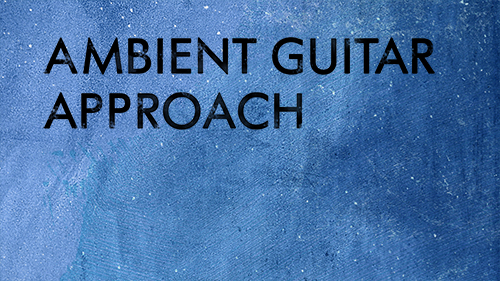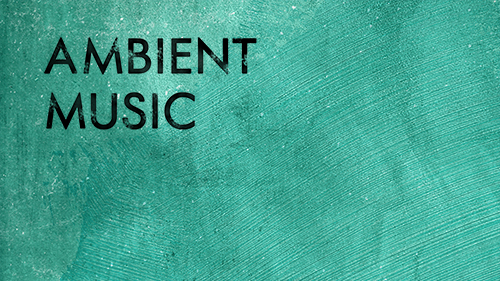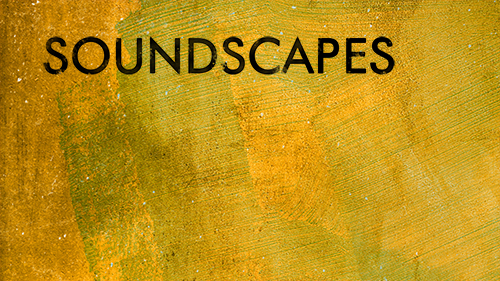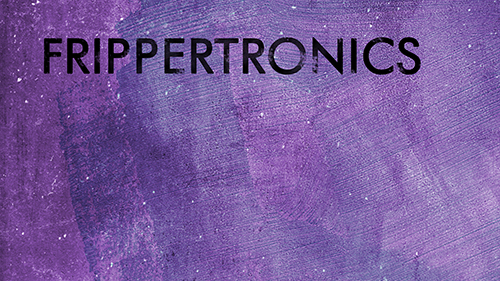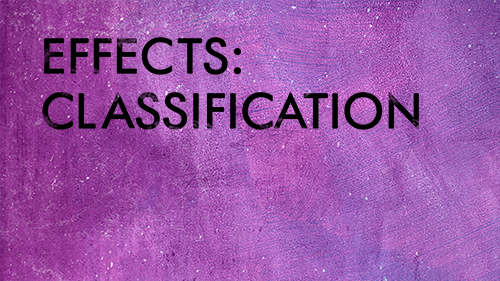Soundscapes
Soundscape is a term that “was first described by Canadian composer and environmentalist, R. Murray Schafer” [1] within the framework of Acoustic ecology.
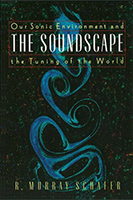 Soundscape as music entity was initially composed of real-life samples. Later on this term was used to describe long-lasting sound textures played with an instrument. Robert Fripp from King Crimson was one of the first to call such textures Soundscapes. This term is also used as part of sound design in game development and movie industry.
Soundscape as music entity was initially composed of real-life samples. Later on this term was used to describe long-lasting sound textures played with an instrument. Robert Fripp from King Crimson was one of the first to call such textures Soundscapes. This term is also used as part of sound design in game development and movie industry.
We can ask ourselves a question what is Soundscape towards Ambient music, how do they correlate to each other? I personally define Soundscape both as a tool and a sub-genre of Ambient music.
Soundscape viewed as tool is a component of a musical composition. It is a structural part that may exist alone with other structural components like rhythm or words. Soundscape in this sense may be considered as pad or texture played by one or many instruments to make self-sufficient composition as well as to create tonal and harmonic support to other instruments like drums, bass and voice. For example, many of what Richard Wright played on keyboards in Pink Floyd can be called soundscape if we accept Soundscape as a tool.
 Soundscape viewed as an independent Ambient sub-genre may refer to many recordings of such musicians as Rober Fripp, Brian Eno, Bruno Sanfilippo and may many others. This is the word that they actually used to label some of their works.
Soundscape viewed as an independent Ambient sub-genre may refer to many recordings of such musicians as Rober Fripp, Brian Eno, Bruno Sanfilippo and may many others. This is the word that they actually used to label some of their works.
When I tried to clear up the notion of Soundscape years ago I stated it like this: Soundscape (in music) - is a term that designates a special form of musical text representation characterized of domination of saturated sound textures, frequent absence of clearly defined rhythmic and harmonic structure, as well as indistinct and relative compositional structure. It is common to Soundscapes that overflowing delayed sounds last long in space and time, spread wide in tessitura and aimed at creation of special emotional, often meditative, states.
A bit complicated and abstruse, but I’m still agree with that.



